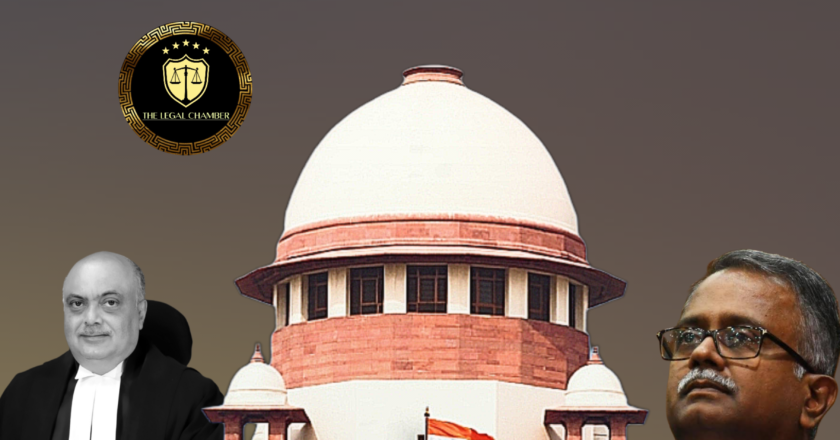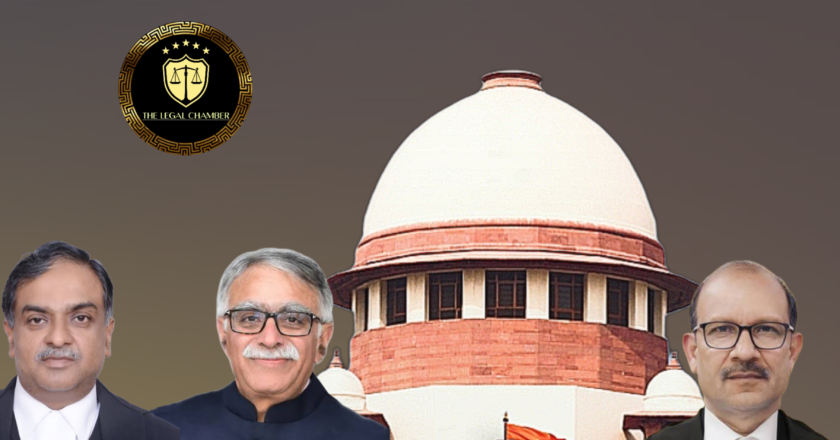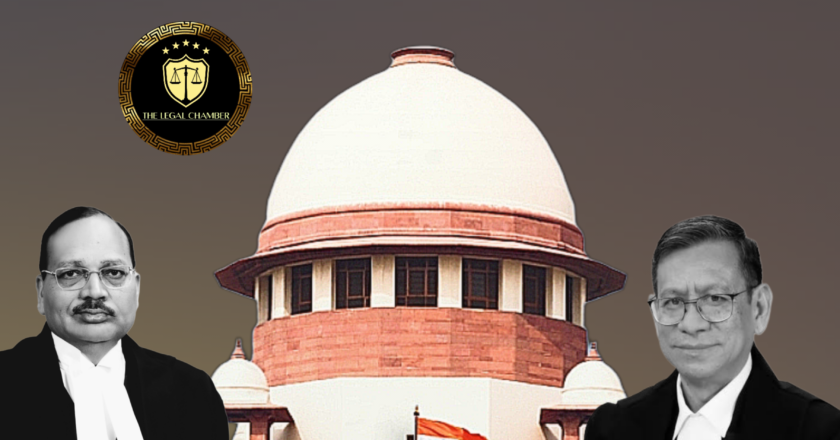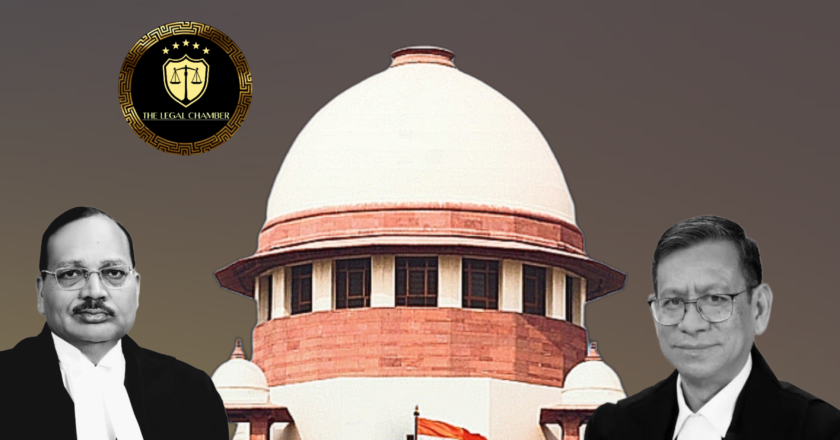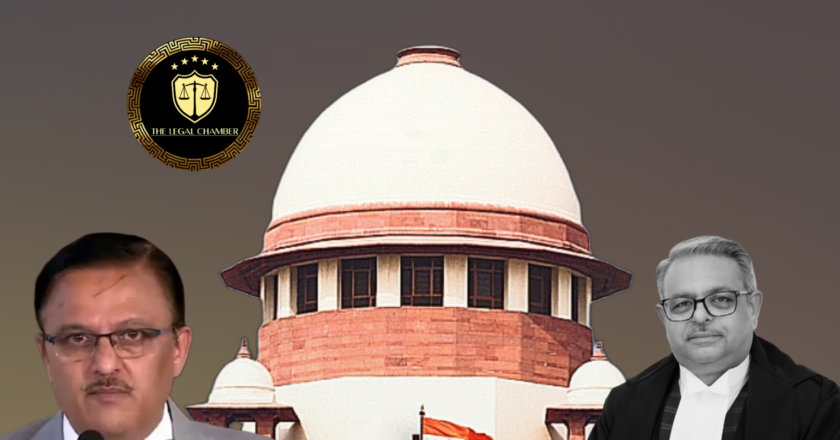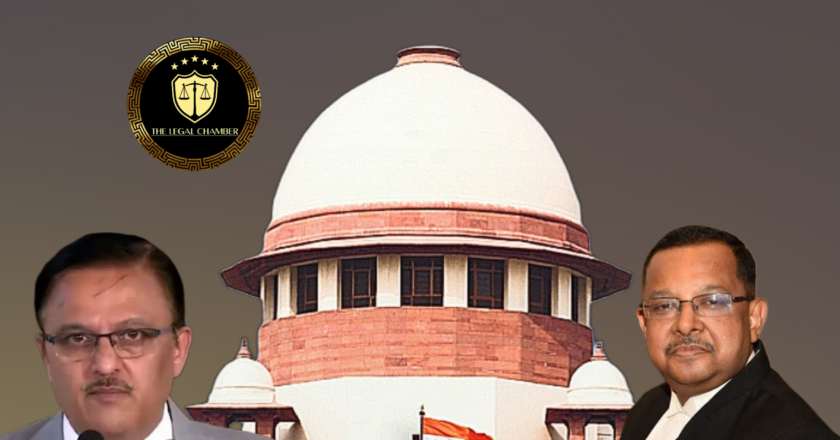Supreme Court’s Landmark Ruling: No Special Treatment for Celebrities in Bail Matters
The Supreme Court cancelled the bail granted by the High Court, holding that the order was perverse and suffered from non-application of mind to material facts, including the gravity of the offence and prima facie evidence. The Court reiterated that bail in serious offences like murder requires careful consideration of the allegations, evidence, and risk of witness tampering, and cannot be granted mechanically.
Facts Of The Case:
The case arose from the brutal murder of Renukaswamy, a resident of Chitradurga, whose body was discovered near an apartment in Bengaluru on June 9, 2024. The prosecution alleged that the murder was a result of a criminal conspiracy orchestrated by actor Darshan (A2) and his partner, Pavithra Gowda (A1), after the deceased had sent obscene messages to A1's Insta...


